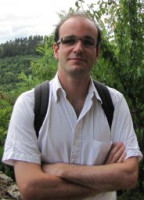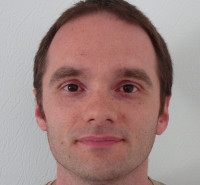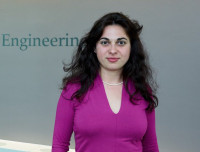Economics & Global Development
Finance, Investment & Risk Management
Macroeconomics
Behavioral Economics & Decision Sciences
Economic Loss & Disaster Risk Financing
Post-Doctoral Fellowships
France
2011.08.31
Rare events and learning
Using numerical techniques and bounded rationality, Winant is creating intertemporal general equilibrium models to anticipate the effects of financial, technological, sociological and climatic shocks as well as provide insights into the recovery process.
My research focuses on the aftermath of catastrophic events, when agents revise their priors about future risks. At a macroeconomic level, risk averse behaviour may translate into higher risk premia and investment distorsion, even if the main realization of the risk belongs to the past. We propose to study this learning behaviour in a standard macroeconomic settings (dynamic stochastic general equilibrium).
Learning shocks : catastrophe's effect on behaviour
To add or modify information on this page, please contact us at the following address: community.research@axa.com

Pablo
WINANT
Institution
Paris School of Economics
Country
France
Nationality
French
Related articles
Finance, Investment & Risk Management
Societal Challenges
Microfinance & Financial Inclusion
Emerging Market
Inequality & Poverty
Joint Research Initiative
China
2021.04.19
Understanding the Financial Lives of Low Income Households in China
Leveraging financial diaries research methodology, this joint initiative aims to provide actionable insights about the financial lives of low-income households... Read more

Xiugen
MO
Chinese Academy of Financial Inclusion
Finance, Investment & Risk Management
Pandemics & Infectious Diseases
Economics & Global Development
Covid-19
Financial Markets, Modelling & Pricing
Economic Loss & Disaster Risk Financing
Insurance & Risk Management
AXA Award
France
2020.08.31
An Extreme Value Model For the Analysis of the COVID-19 Pandemic and Its Impact, and the Mitigation of Future Related Crises
The second strand of work will harness the vast wealth of functional data at our disposal to construct estimators for... Read more

Gilles
STUPFLER
